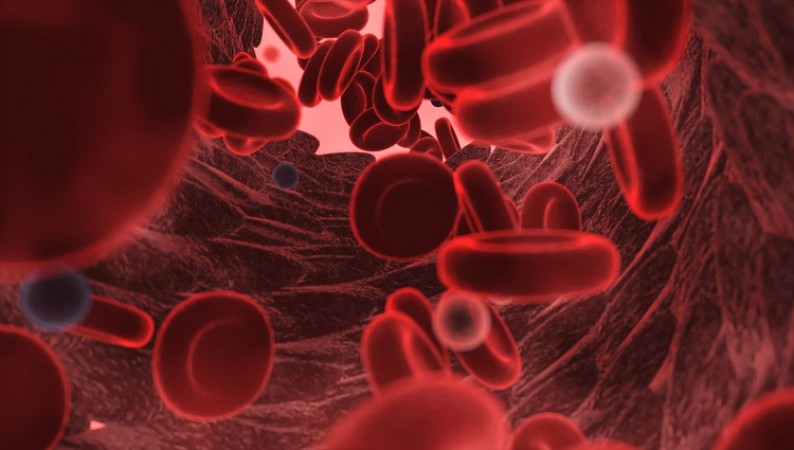
Californian scientists found how our bodies react to oxygen levels, finding that both too much and too little oxygen can harm health. Breathing in too much oxygen can lead to health issues and even death, but little was known about how the body senses excessive oxygen. A recent study by Gladstone Institutes shed light on this and why it's important for our well-being.
The study, published in the journal Science Advances, explored how different oxygen levels in the air affect the creation and breakdown of proteins in the lungs, heart, and brain of mice. Notably, the research highlighted a specific protein that seems crucial in how cells respond to excessive oxygen.
Dr. Isha Jain, a senior author of the study, mentioned, "These findings are significant for various diseases. Over a million people in the US use extra oxygen daily for medical reasons, and sometimes this might worsen their condition. Our study helps explain what's happening in these situations and how the body reacts."
Previous research mainly focused on the effects of low oxygen levels on genes. However, this study delved deeper by observing how different oxygen concentrations affected proteins in mice. By exposing mice to varying oxygen levels over weeks and tracking protein changes, the researchers discovered that certain proteins reacted differently in high- or low-oxygen environments, especially in the lungs.
One specific protein, MYBBP1A, stood out in high-oxygen conditions. This protein influences gene expression and appears linked to how cells respond to excessive oxygen. MYBBP1A plays a role in creating ribosomes, the cell's protein-building machinery. The study hinted that in high-oxygen situations, an excess of this protein might impact the production of ribosomal RNA, a vital component of ribosomes.
The team is now investigating the exact role of MYBBP1A during high oxygen levels to determine if its response is helpful or harmful. Understanding this could pave the way for new treatments targeting MYBBP1A or related molecules to counter the negative effects of excessive oxygen, similar to how research targets other proteins in low-oxygen conditions.
Unlocking the Numerous Benefits of Eating These Fruits on an Empty Stomach